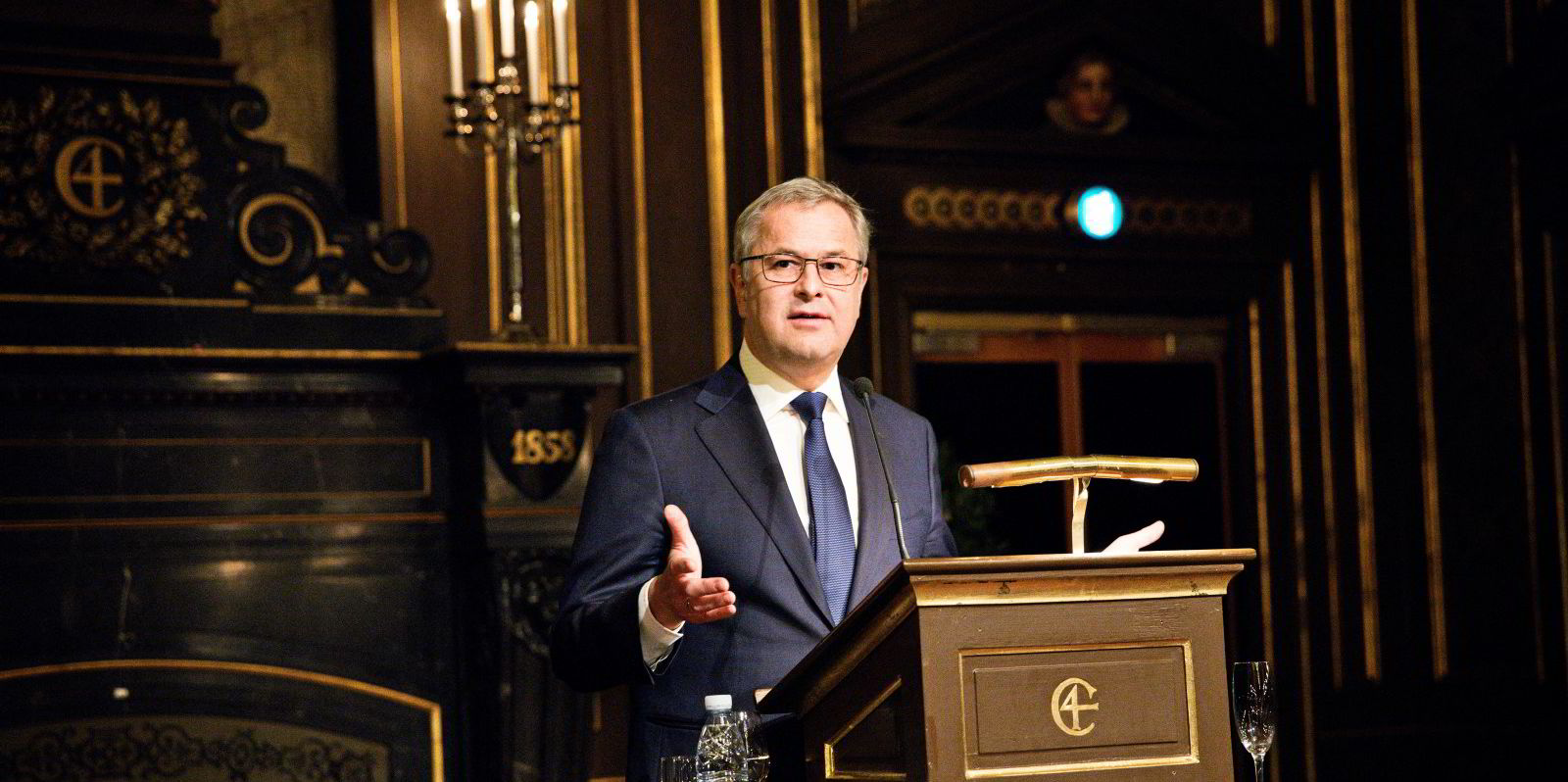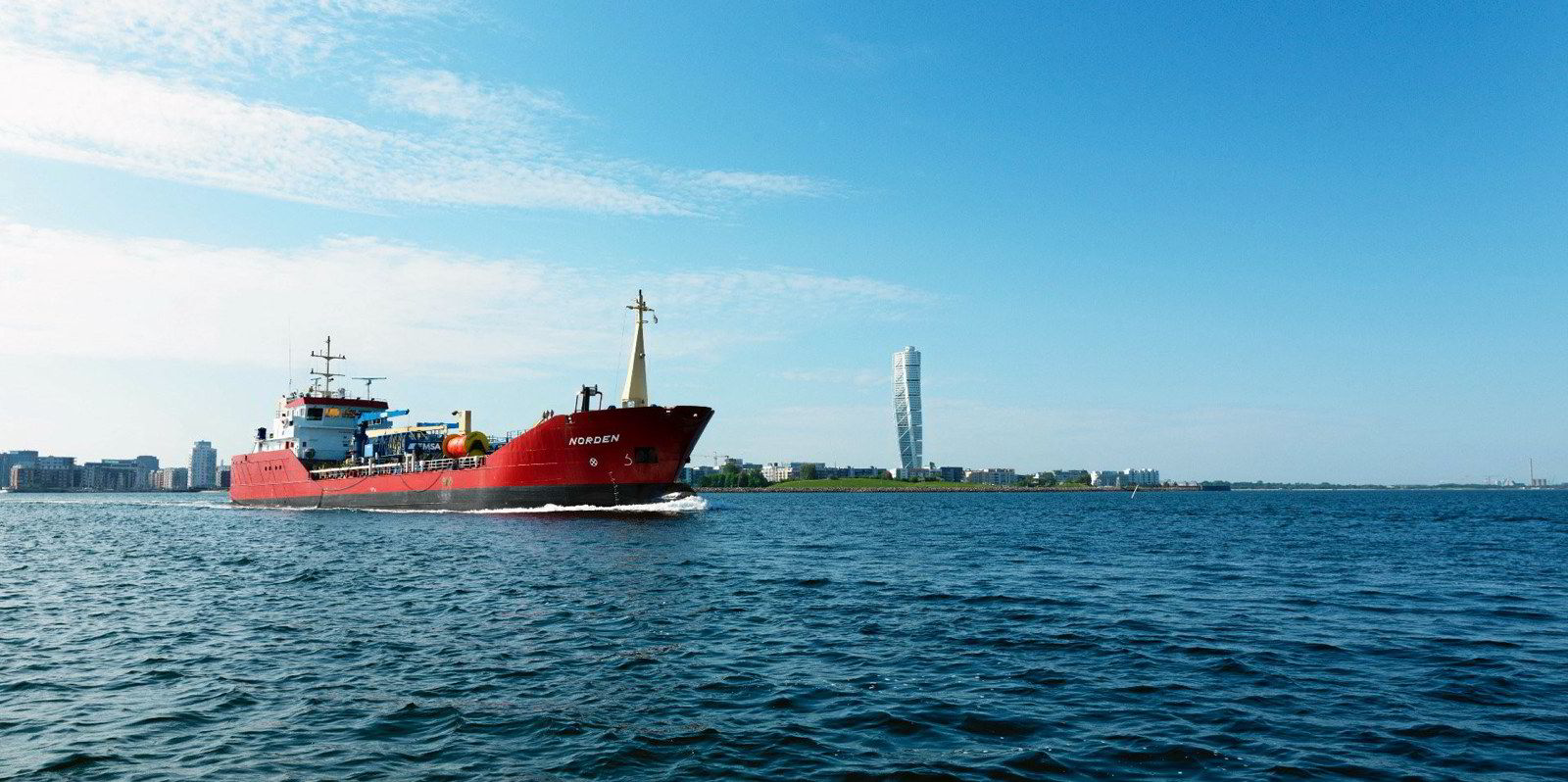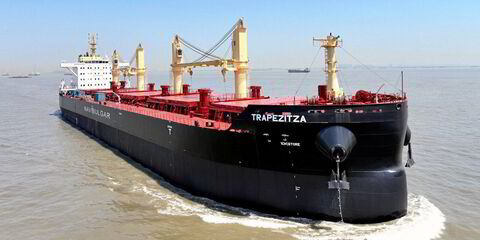Denmark’s AP Moller-Maersk has revealed another deal to guarantee supplies of green methanol for its new vessels.
The partnership with US-based project developer Carbon Sink is the giant owner’s eighth agreement for the fuel.
The first Carbon Sink facility will be located at Red River Energy’s existing bioethanol plant in Rosholt, South Dakota.
Production capacity will be 100,000 tonnes per year.
Start-up is pencilled in for 2027 and Maersk will buy the whole output, with options on more methanol from future Carbon Sink plants.
“Securing green fuels at scale in this decade is critical in our fleet decarbonisation efforts,” said Berit Hinnemann, head of green fuels sourcing at Maersk.
“We have set a 2040 net zero target for our entire business — but importantly to stay in line with the Paris Agreement, we have also set 2030 targets to ensure meaningful progress in this decade,” the executive added.
Carbon Sink will produce green methanol by combining green hydrogen from water electrolysis with biogenic CO2.
The CO2 for the first project will be waste captured from the Red River Energy bioethanol plant.
Carbon Sink brings a vast wealth of knowledge, experience and partnerships to the project, according to its CEO Steve Meyer.
Significant volumes
“Our multi-project development strategy creates a pathway for the supply of significant volumes of green methanol to help meet the demand of Maersk’s growing dual-fuel ship fleet,” he added.
Maersk has 19 methanol-capable vessels on order, for delivery between 2023 and 2025.
In March, the group announced six partnerships with CIMC ENRIC, European Energy, Green Technology Bank, Orsted, Proman, and WasteFuel to source at least 730,000 tonnes of the bunkers per year by the end of 2025.
A seventh partnership with Debo was added in August.
A collaboration deal was also signed earlier in November with the Spanish government.
This could see up to 2m tonnes of green fuels delivered per year to the shipowner.




